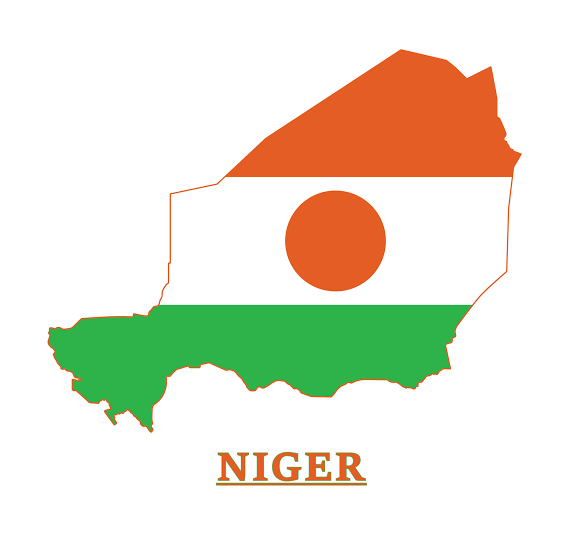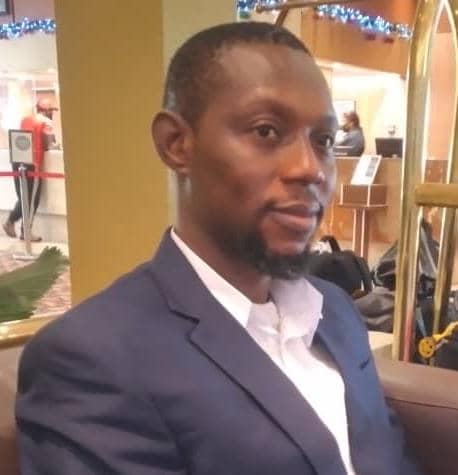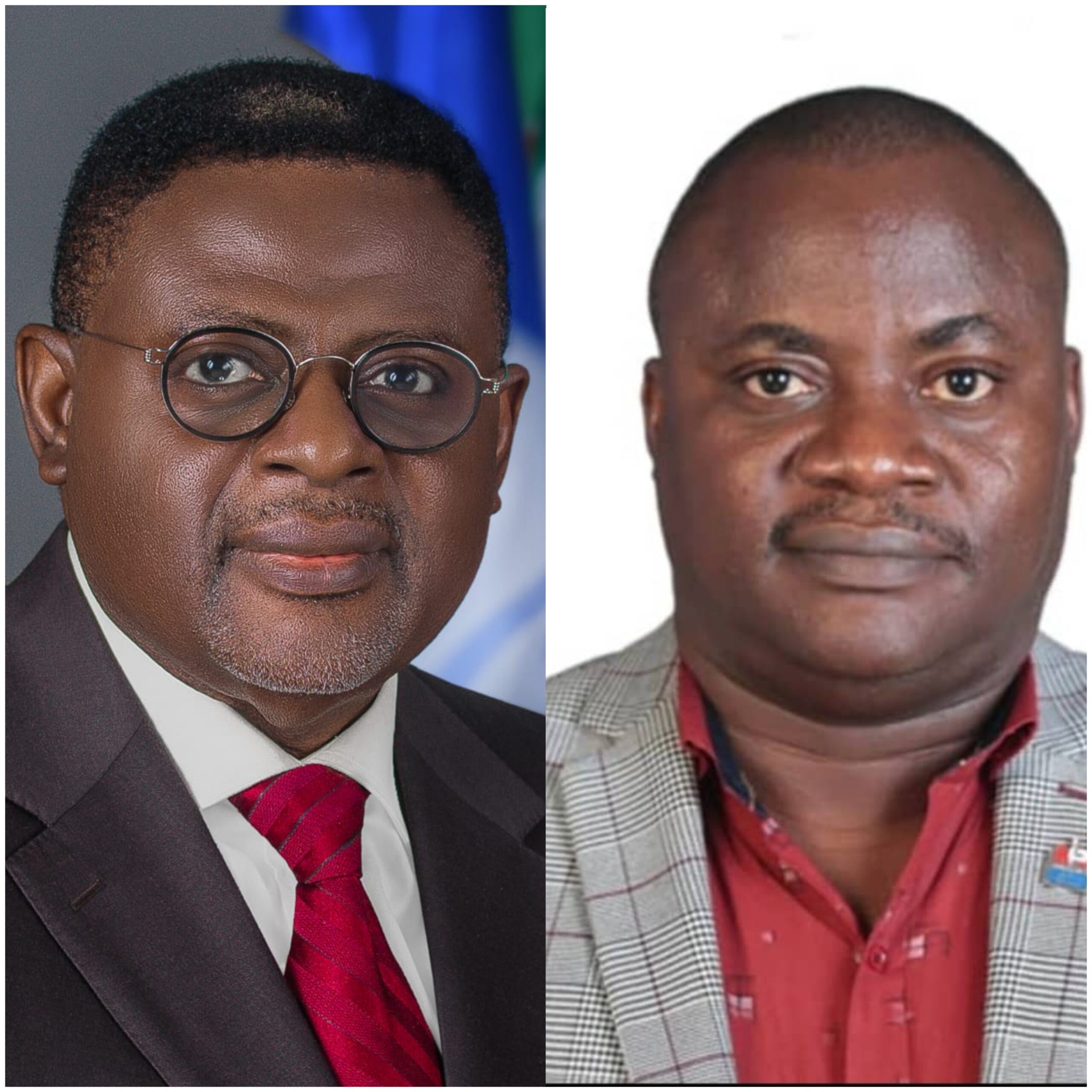A couple of days ago, David Hundeyin leaked a documentpurported to have emanated from the “DHQ” (Defence Headquarters), the administrative head of the Armed Forces of Nigeria (AFN). The said document is titled “SVC MESSAGE FORM” and dated “01 1945A AUG 23”. It is signed by oneMajor General EV Onumajuru. The document ordered the Nigerian Army (NA) and the Nigerian Air Force (NAF) among other things, to convene tropes in Sokoto “and to enforce a “no fly zone” at “short notice”. Initially, I did not think of the legal implications of such order however, as it dawned on me that such is an international war starring at my face, I began to think about its legal implications. This is especially as I am aware of the pains the ongoing Russo-Ukraine war has caused humanity.My argument here is that such order has violated the laws regulating the Use of Force hence has violated the UN Charter principles. It has also activated the inherent right of self-defence/collective self-defence for Niger. My argument is based on four (4) concepts which are sovereignty, government, recognition and the UN Charter principles on Use of Force.
Sovereignty
As we all know, sovereignty belongs to the people. This is the most accepted theory of the society as an organisation which includes the modern day state at the end of the 30 Years War(Treaty of Westphalia 1648). This concept however, was redefined in the 18th century with Jean-Jacques Rousseau’scontribution of the Social Contract where the people surrendered their sovereignty to the state for protection and for the provision of other basic amenities. It is imported to note that this understanding; the people surrendering their sovereignty to the state could be recalled at any time (Tătar and Moiși 2022). This means that the people could decide at any time to withdraw their allegiance to the state which also could be applied to the government of such state.
The concept of sovereignty as seen above comes with a responsibility for both parties; the state and the people. For instance in Nigeria, Section 14(2)(b) of the Constitutionstipulates that “the security and welfare of the people shall be the primary purpose of government” while it is a general responsibility of the people of Nigeria to be law abiding. What happens when the government fails with such responsibility as stipulated in the Constitution? What readily comes to mind is the alleged rigging of the February 2023 presidential elections by INEC; a supposed independent entity obligated to conduct free, fair and credible election? This is where the power of sovereignty could apply. This is especially as it is public knowledge that there seem to be a lack of confidence in the entire agencies of the Nigerian government due to lack ofpolitical will to take upon its constitutional responsibilities(Maiangwa et al 2018). This could be applicable to the situation in Niger. Aljazeera (27 July 2023) reports that Nigerien Army spokesperson Colonel-Major Amadou Abdramane broadcasted that “the defence and security forces … have decided to put an end to the regime you are familiar with”. Accordingly, the action“follows the continuous deterioration of the security situation, the bad social and economic management” in Niger. Funny enough, the coup was well received and celebrated by the people (Aljazeera 27 July 2023). This opinion argue that the people would not have received the actions of Nigerien military had the civilian government been responsible to its people. And if such is the case, the owners of Niger’s sovereignty have decided on what they need. They could choose the kind of government they need. Thus I argue that this is the concept of democracy. Some and indeed, many, would disagree with this angle of democracy. But let us be reminded that the most popular understanding of the concept of democracy is that of Abraham Lincoln the 16thpresident of the US. Lincoln on 15 April 1865 defined democracy as government of the people, by the people and forthe people. If indeed, democracy is such that the people decide on their political system and leadership couple with the fact that sovereignty belongs to them, then one would not be wrong to hold that Nigeriens have decided on their political system and leadership. After all, some powerful states in the international community claim to be democratic whereas, they are not in the real sense. A good example is that of the UK where the monarch is the Head of State while the PM is the Head of Government. As I asked my lecturer; Irvin Stevens, during my Constitutional Law class days, why would British government want us to hold that it is democratic whereas it operate a diarchy; a monarchical and a parliamentary system, at the same time? Of course his response was that its monarchy is “constitutionally limited”. The fact is that if Britain like other European states claim to be democratic while they operate their monarchical systems at the same time a kind of democray, anyone could then claim to be democratic especially as the people have chosen such a political system and leadership. This justifies the style of government Nigeriens have just adopted. This is especially as the so-called elected government failed in its responsibilities.
Government
Having established the concept of sovereignty, we face the concept of government. There are 2 kinds of government; de jure and de facto, and both are recognized in the international community (Shaw 2008). So, it does not matter the means by which a government comes into play (Shaw 2008) as long the process does not infringe on the right of the people (The Responsibility to Protect Report of the International Commission on Intervention and State Sovereignty 2001).Consequently, a government that came into power through coup is recognized in the international community as long as it has credibility. For instance, Nigeria has had so many governmentsthat were internationally recognized that emerged through coups(Alabi 2022). This is applicable to so many African states and even beyond Africa. In this case of Niger, one cannot doubt the fact that Nigeriens have welcomed the presence of the coup plotters and are even celebrating their taking over power. Of course, the case would be different if the opposite was the case. It is upon such that the UNSC could assume its authority as the custodian of international peace and security (Articles 24 and 39 UN Charter).
Consequently, the issue of legitimacy or otherwise of Niger’spresent government notwithstanding the means by which it assumes authority is not a case as it is to warrant an invasion by Nigeria, ECOWAS, AU and even the UN. This kind of issue was treated when Gaddafi; the slain Head of State of Libya, wanted to subvert his office when held accountable on behalf of Libya’sgovernment. Shaw (2008) reports that he could not do such as he does not need to be introduced as Libya’s Head of State in the international community because he had severally spoken for, and represented Libya internationally. This is not minding the fact that he was tagged a despot by many state actors. This is the position of international (Foakes 2023). So, the present government of Niger is legal in international law as it is in charge of governance as it is. This however, does not come without responsibility to Nigeriens and members of the international community.
Recognition
Recognition by the international community is not a criteria for statehood (Montevideo Convention on the Rights and Duties of States). Article 1 of the Convention stipulates for a permanent population, defined territory, government and capacity to enter into relations with the other states (please note that the above criteria have been interpreted by the International Court of Justice and commentators so, should not be taken on their face value (Shaw 2017 157). Shaw (2017 (see 164 and 329)) argues that recognition is merely a political and not a legal act. So non-recognition of a state due to its kind of government by some or even many members of the international community does not vitiate statehood. A good example is the non-recognition of North Korea by so many states yet North Korea still exist.Another example is the limited recognition the defunct state of Biafra had when it existed (Alabi 2022). This is also applicable to any government of a state in this situation.
It could be argued that the government of Niger as it is, fulfills the requirements of Montevideo Convention as it has even proven to have the ability to enter into international relations with other state actors (CNN 2 August 2023). Once again, it does not matter whether some or many states recognize Nigerand its present government or otherwise.
The UN Charter Principles on Use of Force
Having established that Niger fulfils the requirements of Montevideo Convention, it is emphasized that Niger did not seek assistance for self-defence from Nigeria. It also did not seek assistance from ECOWAS, AU or even the UN; collective self-defence, under Articles 51 and 52 and any intervention by Nigeria, ECOWAS, AU the UN without the authorization of the UNSC (Articles 24 and 39) violates Article 2(3)&(4) of the UNCharter. The Case Concerning Military and Paramilitary Activities in and against Nicaragua (Merits), (Nicaragua v USA) ICJ Reports (1986), Iranian Oil Platforms (ICJ Reports (USA v Iran) (2003), Case concerning the Armed Activities on the Territory of the Congo (DRC v Uganda), ICJ Reports (2005)etc. come handy.
Already, the said document from DHQ ordering the NA and NAF to send men in readiness for invading Niger is a declaration of war notwithstanding that a declaration of war is not a prerequisite for war in modern times (Shaw 2008). Such entitles Niger the inherent right of self-defence and collective self-defence (Article 51 UN Charter). This is because such positioning is a threat to Niger. Though not really the Bush Doctrine; which “affirms the legitimacy of an American preventive strike and emphasizes the notion that ‘If you are not with us, you are against us’” (Carnegie Endowment for International Peace 2002), it falls within the interpretation whereby, such a state could resort to Article 51 (Corten 2012, Gray 2008, Cassese 2005 and Dinstein 2005). This is especially as the Bush Doctrine could have been triggered if it was a Western state or any of their ally that is in the position of Niger today.
The principles of Use of Force is regarded as jus cogens constituting obligatio erga omnes hence, inderogable. Bassiouni (2006) contend that obligations arising from its violation include“the duty to prosecute or extradite, the non-applicability of statutes of limitations for such crimes, the non-applicability of any immunities up to and including Heads of State, the non-applicability of the defense of ‘obedience to superior orders’(save as mitigation of sentence), the universal application of these obligations whether in time of peace or war, their non-derogation under ‘states of emergency’, and universal jurisdiction over perpetrators”. This means that such could be the outcome for those giving and implementing such unlawful order.
Conclusion
In conclusion, sovereignty belongs to the people hence they have the right to determine their political system and leadership. Taking a look at the requirements for statehood again; a permanent population, defined territory, government and capacity to enter into relations with the other states, one could see that the people of a state represent 3 out of 4 of the requirements as only the requirement of territory has nothing to do directly with human beings. This tells of the importance of a state population because, a state’s kind of population determine how far such a state could go. Consequently, where a state’s population is docile, the state would be docile as the population would take anything trashed on them. However, I argue that Nigeriens have shown that they are not docile. Therefore, they have taken back their state from the hands of bad leadership. Yes, sovereignty indeed, belong to the people.
Here is a call for reason.
Uche Ndumele is a specialist in international law and security. He holds a BSc in International Law and Diplomacy, an LLB and LLM (International Law Specialist). He is also a Barrister and Solicitor of the Supreme Court of Nigeria.
Gatekeepers News is not liable for opinions expressed in this article, they’re strictly the writer’s







